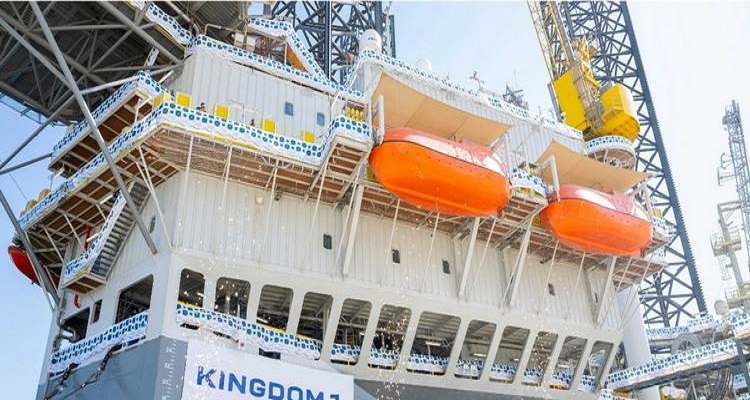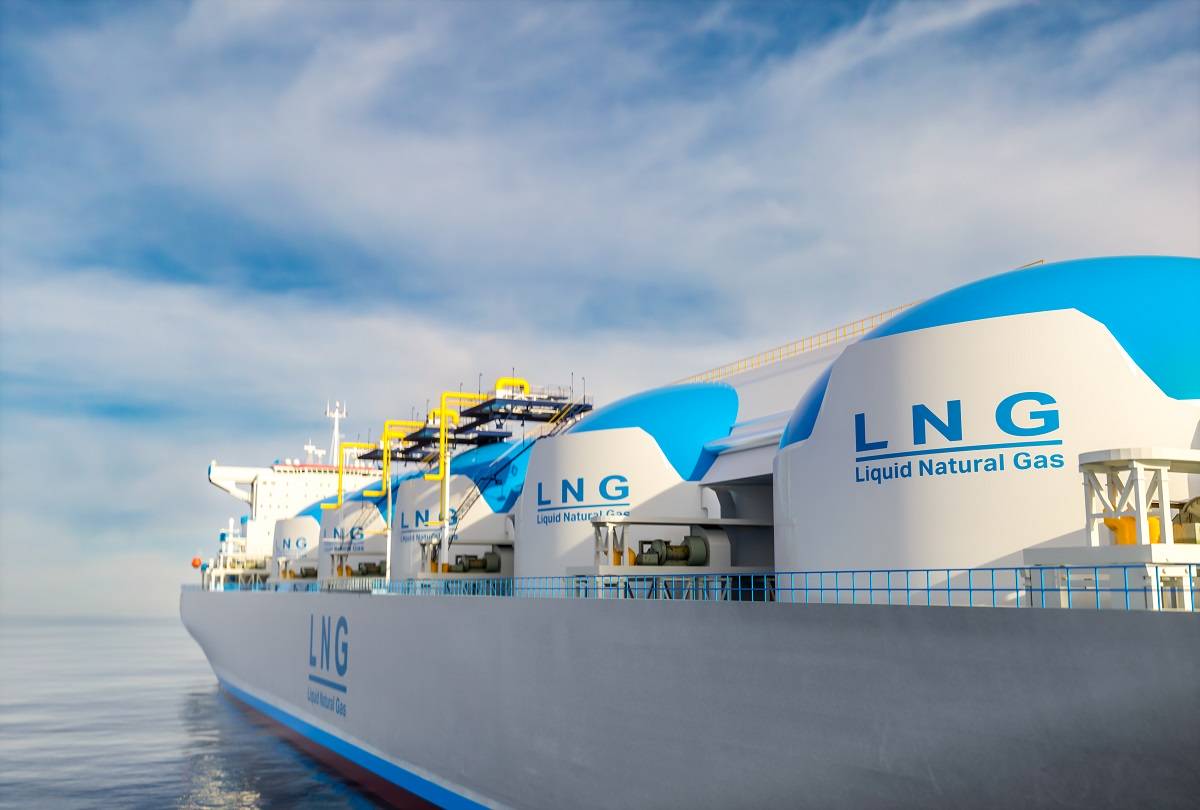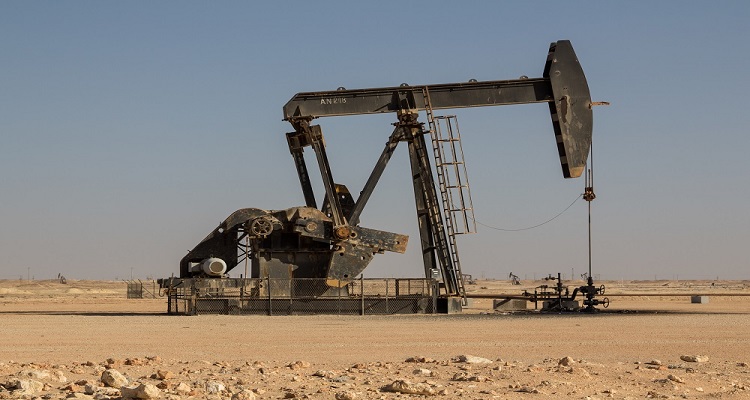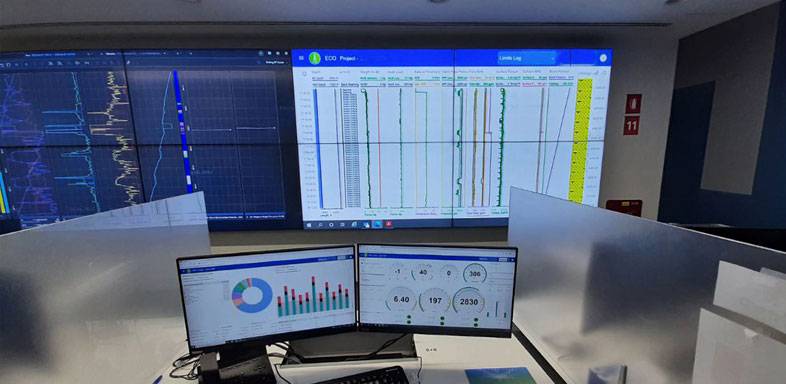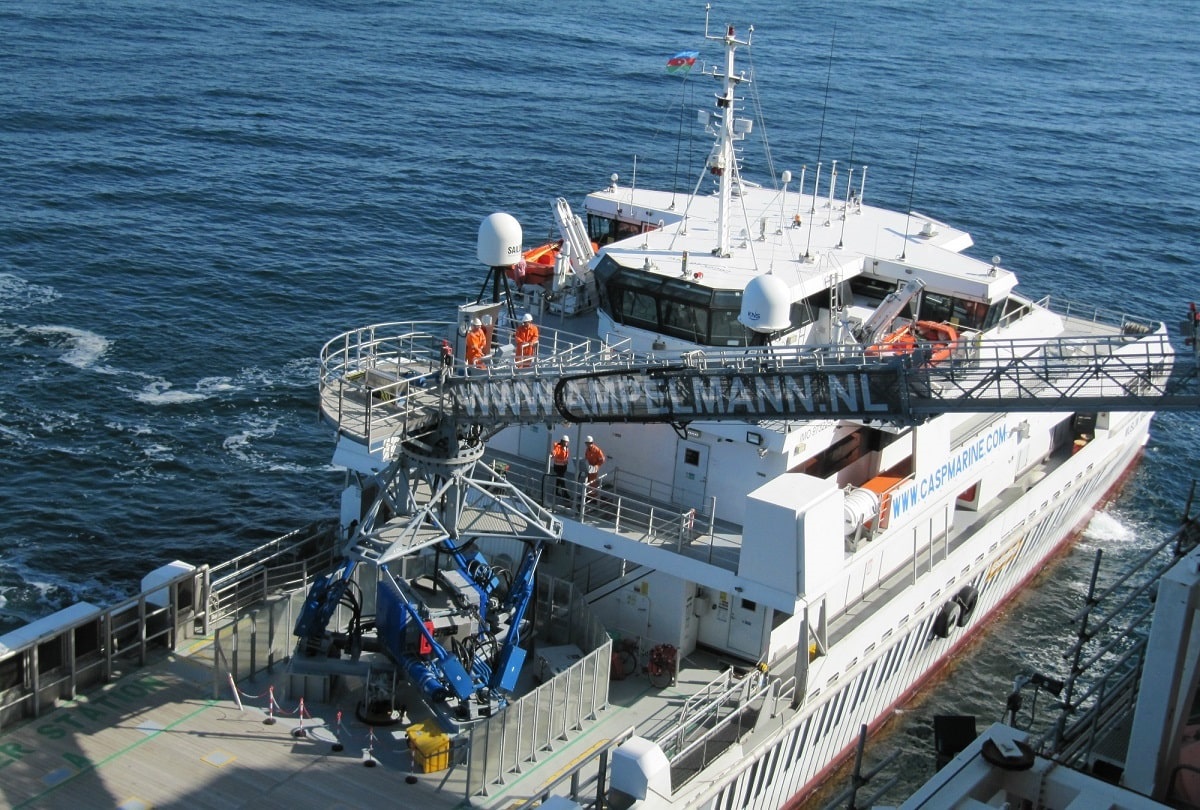Taking to the podium at Gastech 2011 in Amsterdam, Wood Mackenzie’s Noel Tomnay, Head of Global Gas Research, outlined the future interdependencies of regional markets and the implications for pricing in the global gas market over the next decade.
p>Taking to the podium at Gastech 2011 in Amsterdam, Wood Mackenzie’s Noel Tomnay, Head of Global Gas Research, outlined the future interdependencies of regional markets and the implications for pricing in the global gas market over the next decade.
Mr Tomnay posited that the possibility of North America exporting LNG, the continuation of a tight market in Asia, and Europe wrestling with security of supply signals that historic interdependencies will remain at play.
“In recent history, we’ve seen linkages between the US, Europe and Asia in various forms and looking out to 2020, each region’s gas market dynamics will continue to influence supply and demand, and regional gas prices,” Mr Tomnay began.
Wood Mackenzie’s paper suggested that North America will remain disconnected as oversupply results in depressed Henry Hub prices, but it will not be isolated. “As North America moves towards becoming a potential exporter, this will have an implicit impact on price even before the first molecule of LNG is loaded on a ship,” Tomnay stated. “North America LNG exports presents a number of questions for the global gas market. How much LNG volume can be exported before it becomes self-limiting? What will choke volumes first – rising US gas prices that make it sub-economic or the fear of price rises which might drive vested interests to persuade regulators to restrict exports? And will the threat of North America LNG exports present a future ceiling for European gas prices?”
In contrast to North America being awash with gas, the challenge for the Asia Pacific market is a lack of supply: with proximate Pacific based LNG insufficient to meet growing demand in the medium term, we can anticipate a growing reliance on Middle East and Atlantic LNG imports.
“Particularly between 2013 and 2016, the market in Asia is looking tight, and recent events may increase this tightness which in turn would have repercussions for Europe,” Tomnay continued, “If Europe also tightens in the same time frame, as we think is increasingly likely, then we may see a pronounced price spike. Further out, Tomnay suggested that the high cost of new Australian LNG projects will keep Asia Pacific long term contract prices high.
Europe remains the most vulnerable to supply issues, especially in the medium term; “The last few years of over-supply may have resulted in European complacency regarding supply security. However our analysis suggests that Europe could be as much as 100bcm short of gas within as little as 7 years. To address this, new supply projects over and above that presently on the drawing board are required. In the medium term the likelihood is that Europe will compete with Asia for LNG supply and become more reliant on supply from Russia.”











